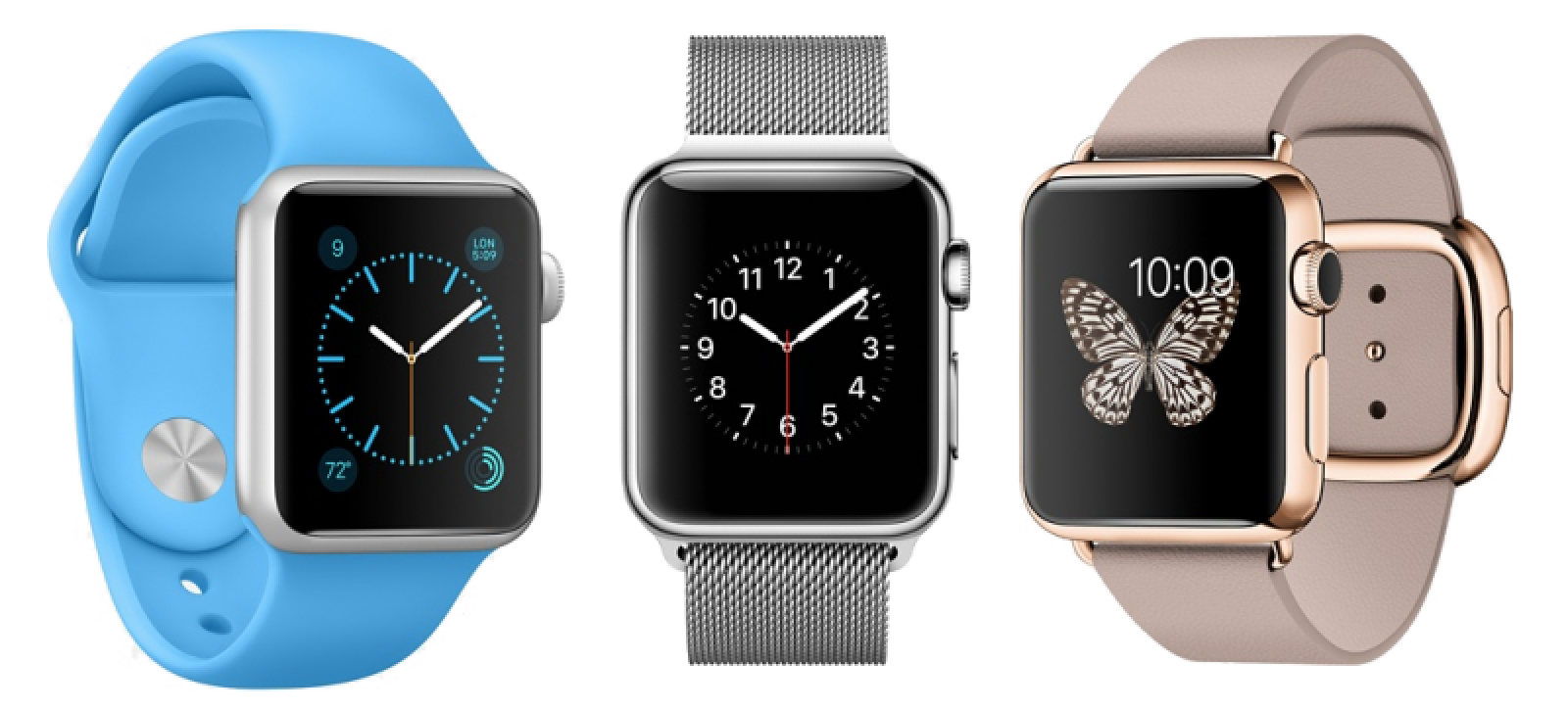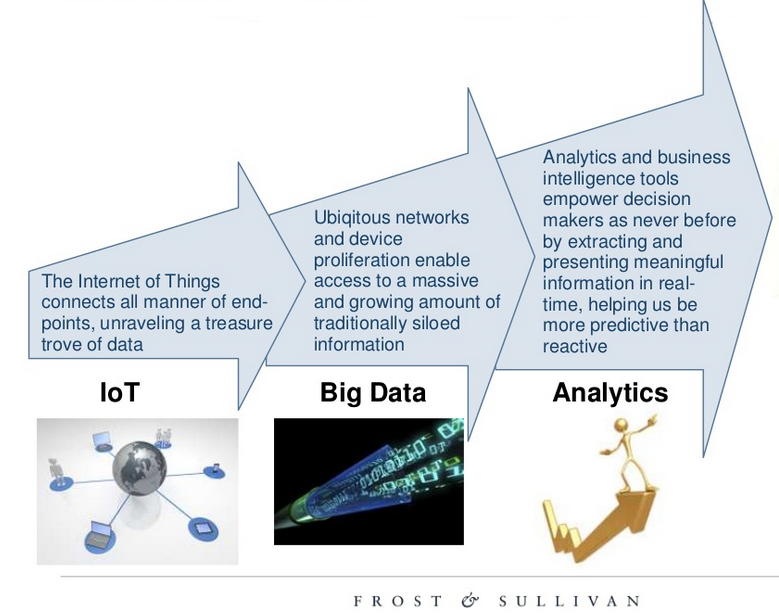Do we have a right to complain?
With the
breakout of Internet of Things (IOT) devices over the last few years (i.e. smart
TV’s/smart watches), it has provided a subtle platform for companies to
infiltrate into our daily lives and learn more about us. In a data-drenched
world, we cannot escape the fact that almost all our movements are recorded and
used to benefit someone.
Perhaps the
impact of IOT is best summarised by Nick Wreden of The University of Technology
Malaysia, Kuala Lumpur:
“There will be absolutely no privacy,
not even in the jungle, away from civilization. I don’t like this, but people
have shown over and over again that they are willing to trade away their souls
for a ‘$1 off’ coupon.”
What does this
mean with regards to IOT devices collect data?
Consumers understanding
of where the data goes varies depending on sectors, according to Boston Consulting
Group (2012), for example in a study they conducted 79% of consumers were aware
of their data being used by banks.
What is
glaring though, is that in the same study only 32% of consumers were aware
their data was being used by retailers, which
results in angry consumers and subsequently politicians questioning companies policies
on data collection.
However, do
we really have a right to be angry?
Australia adopts
an ‘opt-in’ policy to data collection, as set out in the Competition and Consumer Act 2010, relating to unfair
contract terms. Companies ARE transparent with their provisions on data
collection and usage. Using a random example, below Lord of the Fries VIP Club privacy policy display and acknowledgement of that:
When we buy
a product, we ARE technically consenting to the terms and conditions that come
with owning the product. Focusing on IOT devices, when they record data about
us, we have accepted that it can collect data for usage by the manufacturer and
potentially third parties.
We HAVE OPTED
IN, even without possibly realising.
And as the
research suggests, most consumers are not consciously aware that companies use
the data generated by them.
Given this, do
we really have a right to complain?
Feel free to
discuss below.



That’s an interesting discussion. Consumers may opt in without the action of opting in. Data is always collected and we may not know what those data actually are.
ReplyDeleteHi Tristan thanks for the comment,
ReplyDeleteYeah on the discussion of consumers not realising they are opting in to terms and conditions set out by the likes of Apple and other companies like Google, its amazing how people don't truly realise how many devices we use every day and every single input on those applications is resulting in them targeting promotions or interests to them. I was talking with a friend of mine recently and she was explaining to me how she had a Tommy Hilfiger ad pop up on her Instagram feed (she doesn't follow them). However a few days prior she happened to be talking about it with someone, all the while her Instagram was open on her iPhone X. Coincidence that a Tommy Hilfiger ad came up? I think not.
Had it not been for me probing her as to how it could be conceivable that an ad from a page she didn't follow, she never would have truly known the extent to which our devices are really listening to us.
Hi Matt, what an interesting post!
ReplyDeleteI think we can all understand the concerns behind privacy and data collection - what if they get hacked? Who will be able to use our data? Find out our numbers, email address, where we live...? There are so many potential consequences for this that it's honestly sort of scary to think about... but really, I also think we've become so reliant on technology that we may not have much of a choice.
Thinking about how reliant we've become on our phones. Even though we're aware these companies are listening to us for their own benefit and a lot of us are angry about it, no one has boycotted phones, have they? We're just too reliant on it in today's society - be angry by all means, but no one can deny that Big Data collection by companies have done good too. According to Bernard Marr, they drove supermarket performances when Hurricane Sandy hit the US in 2004, and they used data to forecast demand for emergency supplies, which sold incredibly well. They transformed healthcare after digitalizing health care records, which made clinical knowledge accessible more quickly across many different hospitals. Of course there is risk associated with that, just like everything else. And like everything else in the world, there's good and bad in everything. Funnily enough, that's just how the world works.
-Charmaine
Hi Charmaine, thankyou for the comment,
DeleteYeah I do see your point here about how it is perhaps the truth that we do need our phones and that we need to rely on them to assist us in the various ways you have mentioned. You do have a point about how we don't have much of a choice but to trust the technology, as it has become part of our everyday lives and will only continue to do so into the future.
I think this is where to combat the issue of consumer awareness around how data is used and means of collection, education at a secondary level would be very useful and helpful. Think about the early days of cyber bullying. When I was growing up we did cyber-bullying workshops in Grade 5 and 6, and continued to do so in secondary school. I'm sure it would've been the same for you. This education provided a framework for people to know how to deal with certain situations when online and presented with cases of perceived bullying.
I truly do believe education throughout the secondary years would provide the same effect and generate better awareness and understanding of what data you should be giving away, privacy settings turned on etc. given this issue will continue to be prevalent in the future.
Thus, education can help consumers generate awareness and understanding about how companies collect and use our data.